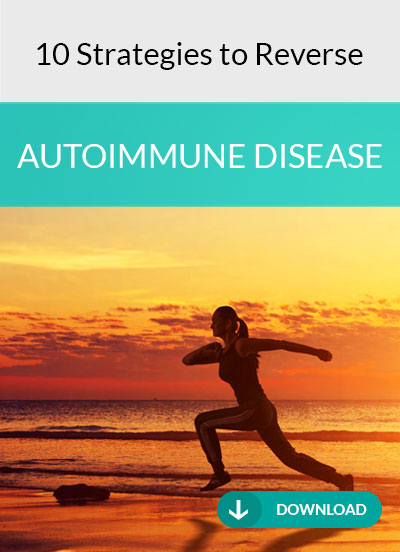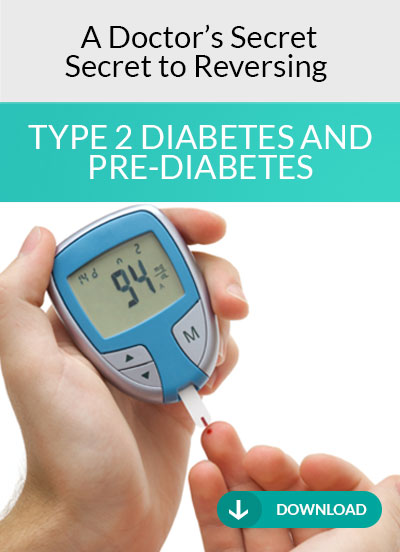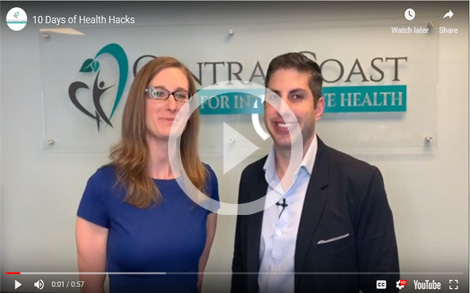Depression is one of the most common mental disorders in the United States, affecting more than 16 million people. As such, antidepressant use has jumped by 65 percent in the last 15 years, with one in eight Americans over the age of 12 taking antidepressants.
These statistics are alarming considering the root causes of depression are going unaddressed. Like pain or injury anywhere in the body, depression is a warning flag from the body that the system is out of balance. Stamping out the root causes of depression is like removing the engine light in your car instead of investigating what’s wrong with the car.
In functional medicine we look at the body as an integrated whole, with all parts working together and influencing one another. If you understand human physiology, it doesn’t make sense to isolate and treat one part of the body — such as the brain in depression — without including the overall health of the body.
Many factors can play into depression, including blood sugar imbalances, hormonal imbalances, immune dysregulation, gut health, and gut microbiome dysfunctions.
All of these factors can lead to brain inflammation, which scientists are increasingly finding is the most common cause of major depressive disorder. This type of depression does not respond to antidepressants.
Antidepressants target brain chemicals. called neurotransmitters, that govern mood, motivation, behavior, and mental activity. Some natural remedies, such as 5-HTP or Saint John’s Wort, also target neurotransmitters.
However, this model does not take into account newer research that shows depression is usually due to inflammation. Inflammation in the brain disrupts brain function in several ways that leads to depression.
Brain inflammation slows firing between neurons
Your brain operates through communication, or firing, between neurons. However, when the brain becomes inflamed, the inflammation slows down conduction between neurons. Slowed firing between neurons in the frontal and limbic lobes of the brain leads to depression.
Brain inflammation prevents the production of neurotransmitters
Feeling happy and content instead of depressed depends on proper neurotransmitter production and activity in the brain. Brain inflammation has been shown to sabotage the synthesis of dopamine and serotonin, the two neurotransmitters most associated with depression.
Dopamine is called the “pleasure and reward” neurotransmitter. Symptoms of low dopamine include:
- Inability to handle stress
- Inability to self-motivate
- Inability to start or finish tasks
- Feelings of worthlessness
- Feelings of hopelessness
- Short temper over minor upsets
- Isolating oneself from others
- Unexplained lack of concern for family and friends
Serotonin is the “joy and well-being” neurotransmitter. Symptoms of low serotonin include:
- Feelings of depression
- Feelings of inner rage and anger
- Difficulty finding joy from life’s pleasures and favorite activities
- Depression when it is cloudy or when there is lack of sunlight
- Not enjoying friendships and relationships
- Not enjoying favorite foods
- Unable to fall into deep restful sleep
As dopamine levels drop, you lose your motivation and drive. As serotonin drops, you lose your mood, sense of happiness, and satisfaction with things you used to love.
While this may look like a neurotransmitter problem, antidepressants typically have no effect because they do not address the brain inflammation causing it.
Brain inflammation prevents neurotransmitter receptor sites from working well
Brain inflammation also inhibits the function of receptor sites on neurons for neurotransmitters. Even if there is enough dopamine or serotonin in the brain, brain inflammation will prevent receptors from responding to them appropriately. This prevents neurons from communicating with one another efficiently and depression results.
Brain inflammation and depression are signs the brain is degenerating too fast
The brain is made up of two types of cells: neurons and microglia cells. Microglia cells are the brain’s immune cells and facilitate healthy neuron function, respond to foreign invaders, and clean up plaque and debris.
However, the brain’s immune cells don’t have an off-switch like the body’s. When they are triggered by a brain injury, an inflammatory food, unstable blood sugar, a chronic infection, poor gut health, infectious bacteria in the gut, chronic stress, alcohol abuse, and other insults, they become over-activated in an effort to protect the brain. Unfortunately, they don’t necessarily turn off afterward and can stay in a “primed” over active state indefinitely if constantly triggered by poor dietary and lifestyle choices. This is what causes brain inflammation and depression.
I hope you can see now why so many people don’t respond to antidepressants and why it’s so important to address the root causes of depression. Failing to do so allows brain inflammation to continue unchecked, raising the risk of dementia, Alzheimer’s, Parkinson’s, and other brain degeneration diseases. Ask us at Central Coast Center for Integrative Health how functional medicine can help you tame brain inflammation and overcome depression.
Schedule a Complimentary Preliminary Consult (Click Here)
Phone: (805) 556-7200
Email: info@cccfih.com
Yours in health,
Dr. Brent Caplan & Dr. Tiffany Caplan
Board Certified in Integrative Medicine
Certified Functional Medicine Practitioner
Institute for Functional Medicine Certified Practitioner






